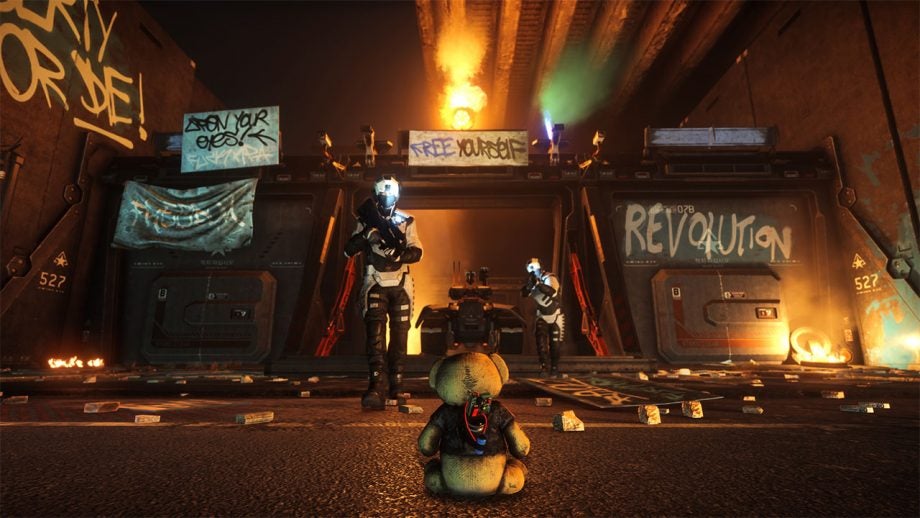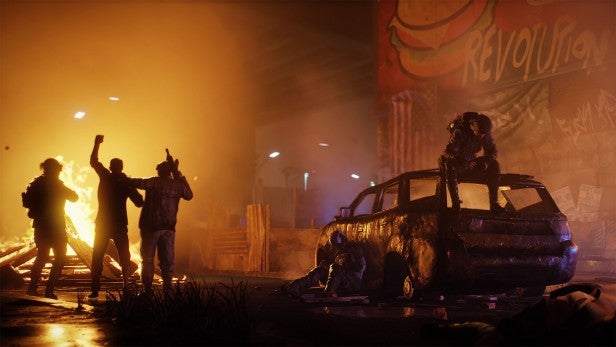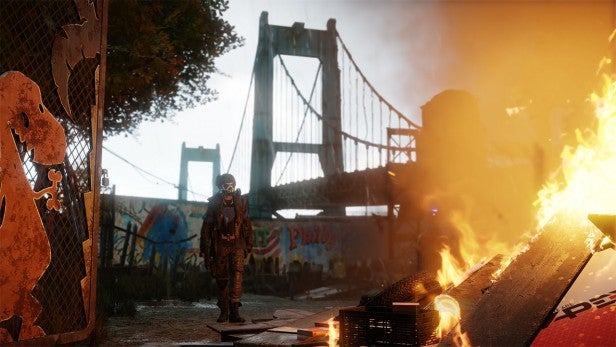Homefront: The Revolution devs scrapped two years of work

Homefront: The Revolution developer Dambuster Studios scrapped two years of work when publishing changed hands from THQ to Crytek.
In an interview with TrustedReviews, narrative designer Stephen Rhodes has revealed how the current game is ‘wildly different’ to its original form.
“The game has changed quite dramatically since its original concept, because obviously when they started developing it right back at the beginning with THQ it was very much a sequel to Homefront,” he said.
Related: Virtual Reality – Ethics and morality just as important as technology
“Then when Crytek came on board, they really wanted to, they, again they liked the concepts and they were really keen for us to flesh it out more and see where we could take it.”
Work began on The Revolution back in 2011. Between then and 2013, the game was very much a direct sequel to its predecessor, but that work was dropped in lieu of a new, open-world format. Rhodes, who only joined Dambusters last September, explained further the process and how Deep Silver supported the team’s vision.
“When Deep Silver came on board after Crytek, there were more conversations, they liked the direction, they liked the universe, they liked the IP, they liked what we were doing as a studio and it was more of a, they just came in and really supported the vision and supported us doing what we, like we came to them and said ‘this is what we want to do, this is what we’ve got planned, this is what we want to do,’ and they were like ‘yeah, go for it’.”
Related: Miitomo preview
By the time The Revolution launches it will have been in development for five years, and Rhodes was asked whether the numerous publisher changes had an impact on the prolonged cycle.
“It’s hard to say really because I wasn’t there, I haven’t been there the entire time. But I know from conversations I’ve had that they always had a vision for what the game would be, but then from changes that have happened above and publishing changes and stuff like that, basically they’ve given us more time to keep going,” he said. “So I don’t think it was ever planned to have [the development cycle] that long, but I just think it’s been a necessity of the change that’s happened.
Rhodes goes on to discuss the drastic change Homefront has undergone, and just how different The Revolution is from the original concept.
“The original story and the original concept was wildly different to the one that we, that they settled on, sort of around the Crytek time. The original story obviously from that THQ version was very different, and then when they went, Crytek went open world. It did change a lot,” Rhodes added.
“It has been developed for a long time, I think what a lot of people don’t realise is it’s actually kind of been two different projects essentially. It’s the same game, it’s the same team, but the original concepts and the original game is wildly different to what we developed now and what is here.”
When asked what remained from the original sequel, Rhodes explained that very little was carried over.
Related: PS4 vs Xbox One
“The only things I know of that original concept is stuff I’ve heard and spoken with, there’s nothing there in terms of, apart from like, Philadelphia, which it’s always been set in Philadelphia, and I think there’s some like, main elements like themes I think that are still there, but the actual, like the work itself apart from the city, I think is pretty much different.”
Homefront: The Revolution launches on 30 May on PS4, Xbox One and PC.


